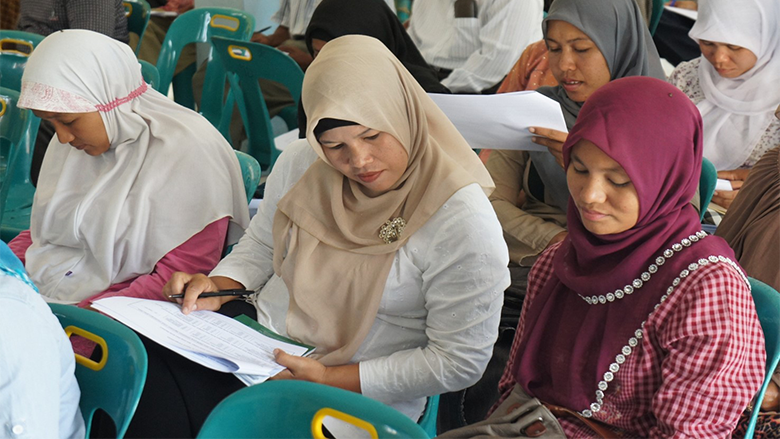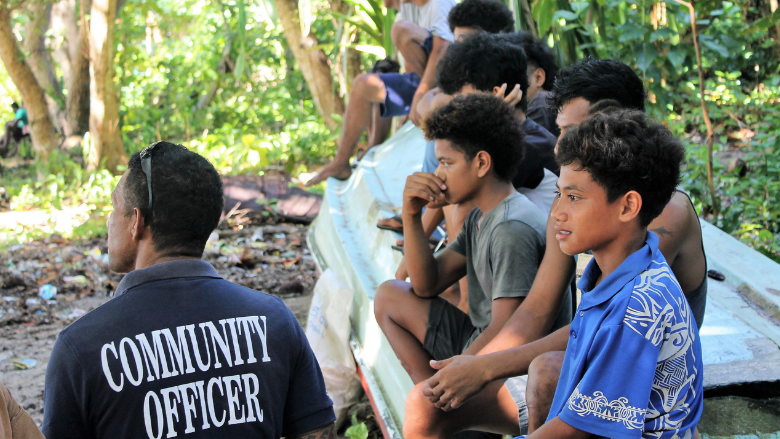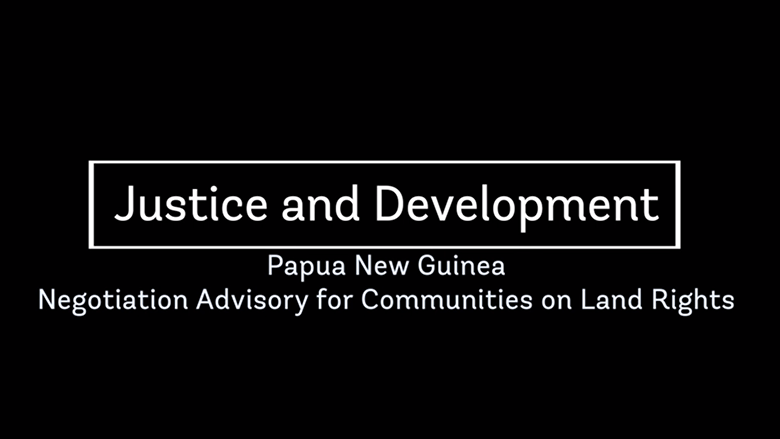The Justice for the Poor (J4P) initiative began more than ten years ago as an experimental program aimed at promoting legitimate and equitable systems to manage conflict arising from development. In partnership with the Australian Department of Foreign Affairs and Trade, the program engages in analytical and operational work to support the emergence of socially embedded institutions to increase access to justice and manage conflicts related to land, natural resources and public spending on goods and services.
Click to view: Challenge | Approach | Results Highlights | Contribution to Development Theory and Practice | World Bank Group and Partner Contribution | Beneficiaries | Justice for the Poor Country Work | Justice for the Poor Work by Theme
CHALLENGE
Development – whether in relation to infrastructure, market transactions, structural transformation, social services and regulation – entails contests about how the benefits and costs will be distributed and about who will have authority to make these decisions. These contests ultimately result in shifts in the distribution of rights, resources and responsibilities and can have significant impacts on social cohesion, economic activity and political stability. Law, social norms and justice systems play a critical role in shaping the outcomes of these processes, but how they work, who benefits or bears the costs of social change is deeply embedded in political economy. The J4P program has sought to analyze the underlying drivers of how an array of institutions manage these processes, with the aim of strengthening their ability to deliver more effective and equitable outcomes. Specifically, the program has focused on three salient sites of grievance and conflict:
- Access to justice and security. The countries in which J4P has engaged are characterized by deep legal pluralism. This reflects the limited reach, effectiveness and legitimacy of state justice and policing systems and the wide range of alternate forms of public authorities (chiefly, communal, religious, customary etc.) that people draw on to contest and create social order. As new kinds of dispute (e.g., global investment in natural resources) or new identities and entitlements (e.g. gender rights), strain existing institutions, J4P has sought to promote context specific ways of improving outcomes.
- Land and natural resource development. The Global Financial Crisis of 2008 was followed by unprecedented global investments in land/agricultural concessions and extractive industries. The commodification and transaction of land and natural resources, particularly where these were subject to customary ownership, gave rise to serious conflicts and grievance. These developments put tremendous pressure on existing forms of social regulation, while shaping new forms of political settlements. J4P has worked to strengthen the bargaining power of vulnerable groups in these transactions.
- Public Goods and Services. The allocation of state revenue and development aid to the creation of goods and delivery of services can present significant sources of opportunity in communities otherwise marginalized by or vulnerable to global change. At the same time, it can give rise to corruption and exclusion, as well as deeply held grievances about unrealized expectations. J4P has analyzed the political economy of public programs including capital projects, community-driven development and decentralized service delivery toward strengthening accountability and equitable
APPROACH
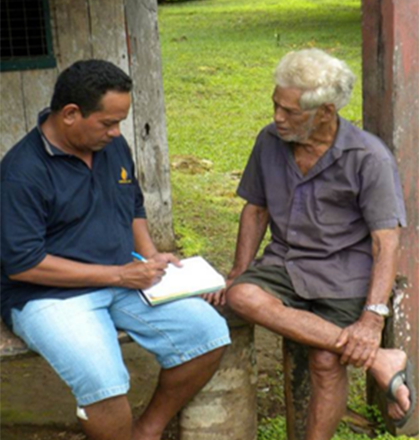
– Analytical. J4P invests heavily in research and analysis with particular characteristics. Unlike projects that start with the formal justice system, the program focuses on understanding how justice problems are experienced and what pathways are used to pursue redress, through a range of instruments including qualitative field work and surveys. The emphasis on understanding the ‘real rules of the game’ – that is, how law, social norms, power and authority work in practice (as opposed to how they ‘should’ work) -- has meant engaging with a broad set of institutions and authorities and appreciating the challenges as well as capabilities they bring to the process. Institutional and political economy analysis are used to identify how local manifestations of grievance and injustice are shaped by broader factors which bear upon the tractability of reform options. While research may help improve the responsiveness and quality of public policy, the research process can also build local capabilities for reflection, new networks and political empowerment.
– Operational. Based on this analysis, the program develops interventions aimed at shifting bargaining dynamics by empowering the marginalized and supporting institutions that can change the rules of the game in practice. For example, J4P is supporting the institutionalization of community officers in Solomon Islands as a hybrid approach that both builds on the capabilities of existing local public authorities and acts to strengthen the reach of the state for social order and grievance management. J4P has also worked to improve regulations and promote advisory services to help level the playing field for individuals and communities to engage in negotiations around land and natural resource developments in Vanuatu, Papua New Guinea, Timor Leste and Sierra Leone. In Indonesia, the program helped build the enabling environment for, and capacity of grassroots advocates for women’s legal identity and to expand networks of community paralegals. J4P supported the emergence of a labor arbitration tribunal in Cambodia, that gave space for workers to bargain for their rights.
– Knowledge and Learning. As an experimental research and development program aimed at influencing the theory and practice of development, J4P emphasizes learning, knowledge exchange and adaptation. J4P is committed to working through evidence-based ‘iterative incrementalism’ – that is, taking small steps based on context-specific evidence and real-time feedback. For the wider community, the program has produced numerous publications in the form of briefs, policy notes, research reports, literature reviews, peer reviewed journal articles and books. It has sponsored and participated in symposia, conferences, workshops and training programs engaging academia, law and justice communities of practice and local practitioners and policy makers.
Research, policy engagement, coalition building and learning and feedback loops are used throughout the project cycle.
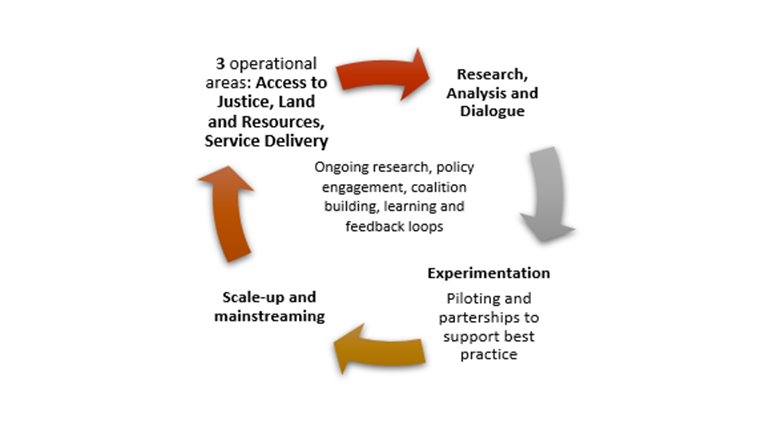
RESULTS HIGHLIGHTS
Operational area 1: Enhance access to justice and security
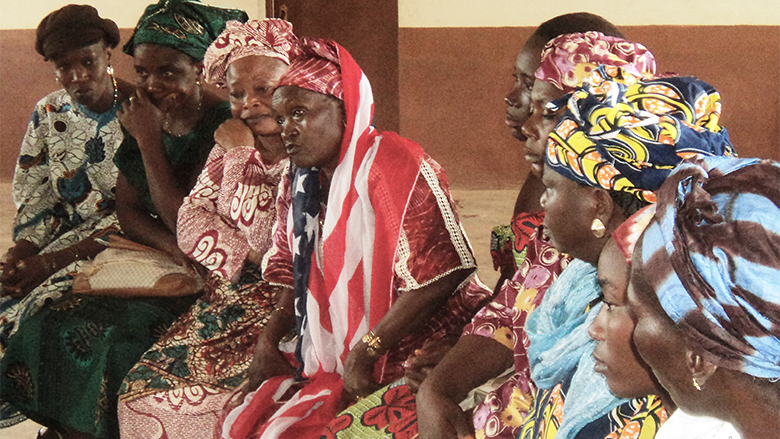
- Strengthened dispute resolution and state-community linkages in rural areas through analytical work on dispute resolution leading to the Solomon Islands Community Governance and Grievance Management Project.
- Supported development and implementation of the National Access to Justice Strategy and Legal Aid Law in Indonesia, including through analytical work on non-state justice and paralegals, women’s legal empowerment, community legal empowerment in Aceh and legal aid posts in Maluku Province.
- Informed Gender Based Violence and women’s empowerment programming through in-depth research on Women’s own strategies and pathways of redress in Urban Centres of PNG.
- Informed justice and security programming through extensive analysis of dispute resolution and social order practices in Papua New Guinea.
- Contributed to the establishment of rights-based labor arbitration in Cambodia.
- Established 15 legal aid centers in Kaduna state, Nigeria, providing legal assistance to over 830 poor people.
- Increased understanding of the local power dynamics undermining women’s access to justice in Kenya, which contributed to the design of in Kenya.
- Analyzed the role and effectiveness of customary courts in Solomon Islands, Vanuatu, Papua New Guinea and Sierra Leone.
- Informed donor engagements in the Niger Delta, Nigeria, in response to the 2009 Peace Amnesty.
- Informed municipal support project in Honduras through research on crime, violence and community-based prevention in Honduran cities.
Operational area 2: Manage disputes around land and resource development
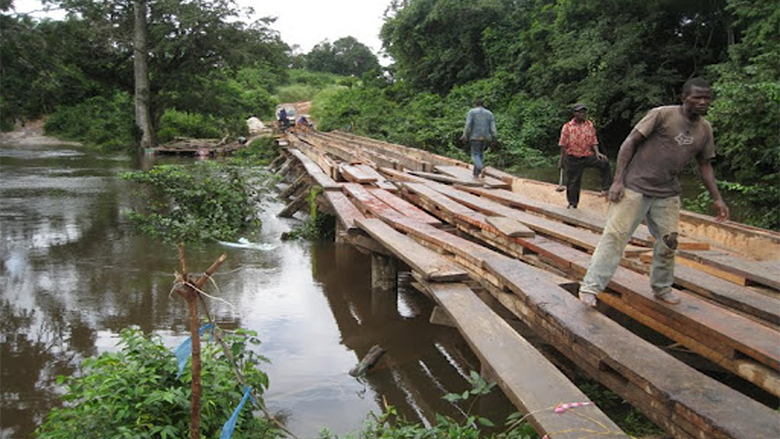
- Strengthened the regulatory framework in the extractive industry in Sierra Leone to improve community-investor relations, address iniquities and prevent the escalation of conflict.
- Increased women’s bargaining power in negotiations on the allocation of resources at the Ok Tedi Mine in Western Province in Papua New Guinea through the introduction of benefit sharing agreements secured through the Community Mine Continuation Agreement.
- Influenced policy dialogue to reduce conflict and increase equity for local communities in transactions involving forestry and mining operations in Solomon Islands.
- Supported evidence-based national dialogue on land policy and administration in Timor-Leste and supported more effective and equitable transactions between communities and agro-business.
- Contributed to legal and policy reform toward more equitable land leasing arrangements in Vanuatu; developed an operational model for the provision of advisory services to group landowners in Vanuatu.
- Provided policy advice on community engagement strategies to reduce conflict arising from natural resource concessions in Liberia.
- Informed World Bank investment and policy operations on land administration and indigenous land rights in Cambodia.
Operational area 3: Improve equity and accountability in public service delivery
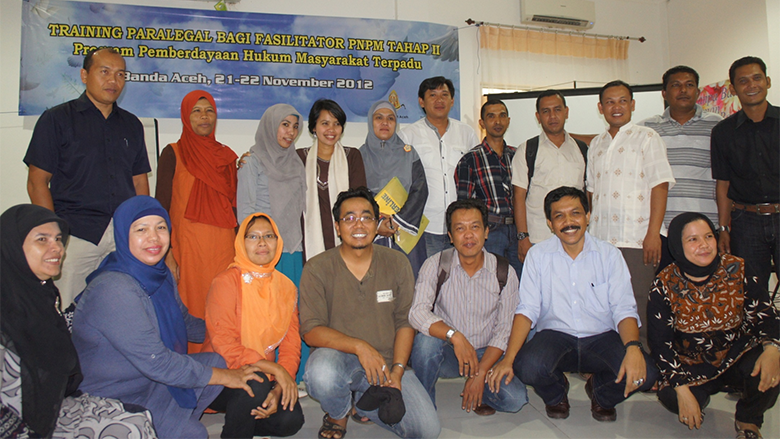
- Increased access to justice in the health sector in Sierra Leone through trainings of community paralegals on holding the government accountable for breakdowns in the system that caused absent nurses, improper use of fees and “leakage” of drugs.
- Supported approaches to managing corruption, complaints and disputes in the context of community driven development and the Village Law in Indonesia.
- Informed community engagement and dispute processes for infrastructure projects in Vanuatu and Solomon Islands based on detailed case research.
- Analyzed the political economy dynamics of capital projects in Papua New Guinea to inform design of Rural Development Project.
- Supported the Government of Timor Leste in policy reform for managing subnational infrastructure projects as part of their peace and stability strategy.Analyzed the political economy of infrastructure in Edo State, Nigeria, to support institutional innovation and improve the relevance of World Bank support to public finance management reforms.
CONTRIBUTION TO DEVELOPMENT THEORY AND PRACTICE
- J4P team members have been actively involved in shaping four World Development Reports, bringing experience from J4P into these global products and adapting J4P’s approach in light of their insights. These include: WDR 2006 (Equity and Development); WDR 2011 (Conflict, Security and Development); WDR 2012 (Gender); and WDR 2017 (Governance and the Law).
- The program actively engaged with the broader communities of academics and practitioners on justice, conflict prevention and political economy, and published numerous papers, articles and books.
WORLD BANK GROUP AND PARTNER CONTRIBUTION
The World Bank and the Australian Department of Foreign Affairs and Trade (DFAT) partnered to establish the East Asia Pacific (EAP) J4P trust fund program in 2008 to support analytical and operational work in Indonesia, Papua New Guinea, Timor Leste, Vanuatu and Solomon Islands. Other funding sources have enabled the J4P approach to be applied in Cambodia, Kenya, Liberia, Sierra Leone, Nigeria and Honduras, including the Nordic Trust Fund for Human Rights, the State and Peacebuilding Fund, the Bank-Netherlands Partnership Program, and the Korean Trust Fund.
BENEFICIARIES
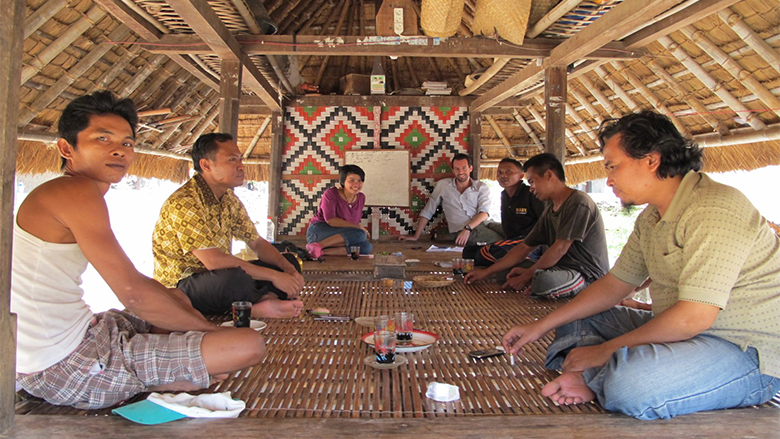
Program interventions were ultimately aimed at benefiting those who struggle to realize their rights and entitlements in the three operational areas of engagement. Policy makers were more direct beneficiaries of evidence-based policy recommendations. The program sought to build capacity of local researchers and practitioners to continue their work of coalition building and evidence-based advocacy. And finally, the program sought to contribute to the wider communities of practice working to improve development effectiveness.
